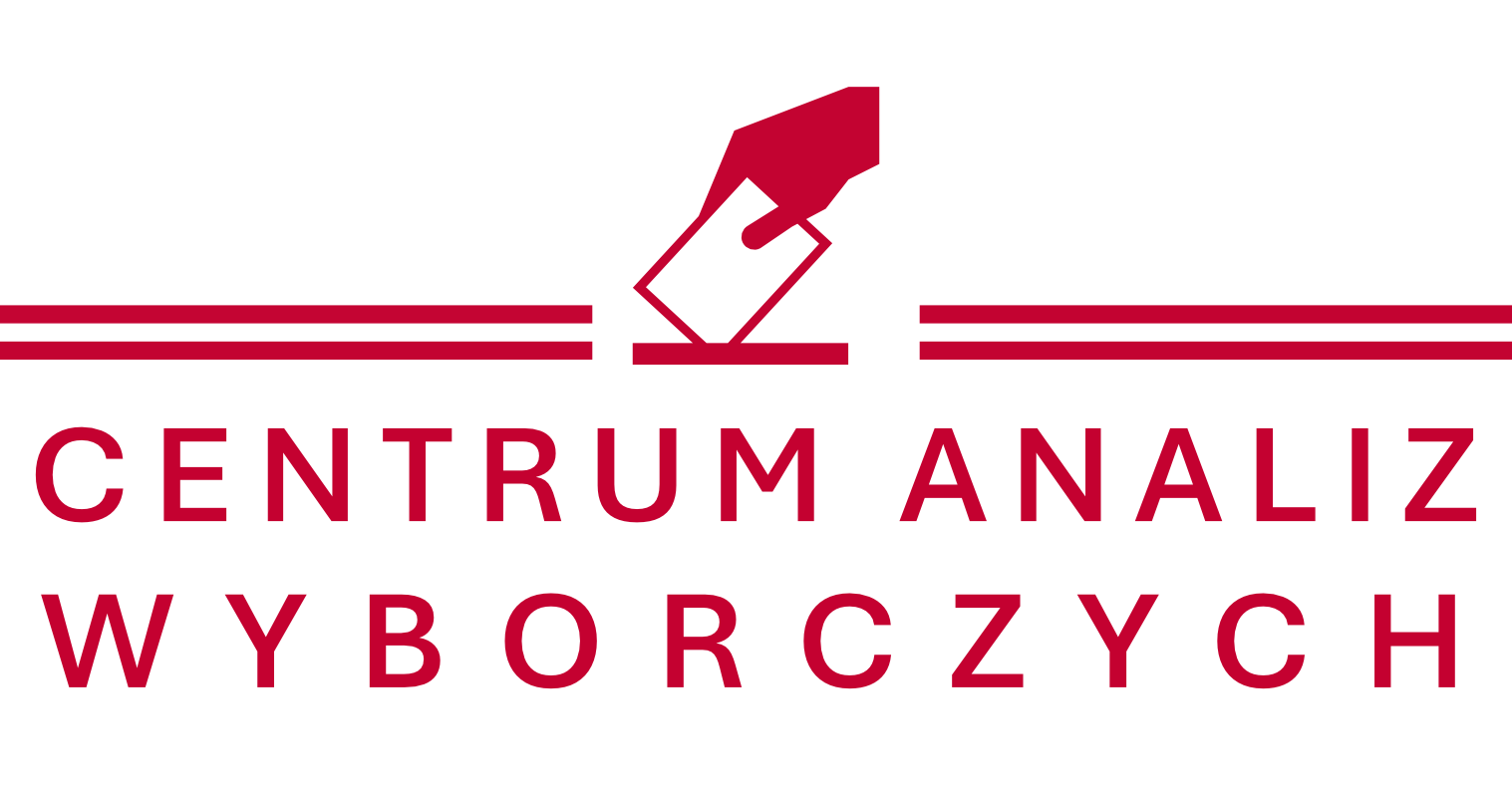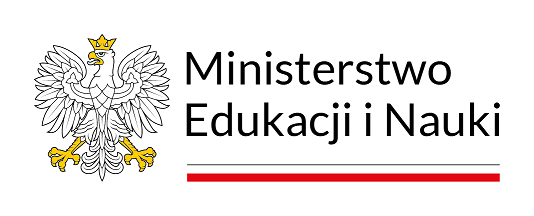Team
From 1988 to 1992, he worked at the Department of the History of Pomerania of the Institute of History of the Polish Academy of Sciences. Between 1994 and 2016, he was associated with the Catholic University of Lublin (KUL), where from 1997 he served as the Head of the Chair of the History of State and Law at the Faculty of Law, Canon Law and Administration. Since 1998, he was the Director of the Center for American Law at KUL, established in cooperation with the Chicago-Kent College of Law. From 2001 to 2005, he also headed the Section of General Legal Sciences at the Faculty of Law, Canon Law and Administration of KUL.
Since 2008, he has been working at the Jagiellonian Academy in Toruń, where he served as Rector from 2017 to 2023.
He was a member of the Science Evaluation Committee and the Council of the National Programme for the Development of Humanities.
Professor G. Górski has supervised over 30 defended doctoral dissertations and has participated in numerous doctoral and habilitation proceedings as a reviewer.
Professor Górski specializes in contemporary Polish history and the constitutional and legal history of Poland after 1918, as well as the constitutional and legal history of the United States and Great Britain.
He is the author of nearly three hundred monographs and scientific articles.
A geographer, mainly associated with the Institute of Geography and Spatial Organization, Polish Academy of Sciences. A student of Professor Grzegorz Węcławowicz. He specializes in issues of socio-economic geography, regional development and spatial management (development of cities and settlement systems, population processes, including migration, business, transport and electoral geography, spatial planning and development, landscape aesthetics, spatial classifications and delimitations).
He is the author and co-author of more than 400 works in this field, including about 40 monographs. He is co-editor and one of the authors of Atlas Wyborczy Polski, Atlas Warszawy and Atlas Wyszehradzki. He is actively involved in many scientific and expert institutions, including a member of the Scientific Committees of the Polish Academy of Sciences: the Committee on Migration Research, the Committee On Demographic Studies, the Committee On Geographical Sciences (Scientific Secretary) and the Committee for Spatial Economy and Regional Planning which is operating in affiliation with the Presidium of the PAS. He is a member of the Goverment Population Council, Główna Komisja Urbanistyczno-Architektoniczna, Rada Instytutu Pokolenia, Naukowa Rada Statystyczna GUS, Komisja Geografii Osadnictwa i Ludności PTG and the Geography Olympiad. He is a member of more than a dozen committees and editorial boards of national and foreign journals, including Geographia Polonica, director of the PGS Scientific Publisher.
He has participated in many projects and prepared expert reports, including for international institutions, the government of Poland and local governments (including the Sejm and Senate of Poland, the ministries of science, regional development, infrastructure, agriculture, digitization, education). Since 2006, he has coordinated Reports on the status of planning work in municipalities. He also participated in the preparation of the Report on the State of National Spatial Planning (2000-2006), the Concept for National Spatial Planning (CNSP) 2030 (2011), the National Regional Development Strategy (2012), the Strategy for Responsible Development (2016), the National Urban Policy (2022) and dozens of strategies and development plans of local governments at various levels. He comes from Podlasie.
He's an Associate Professor, a graduate of the XXII José Marti Secondary School in Warsaw (1987), and geography studies at the University of Warsaw (1993). He also studied history (1994/1995). In the years 1993-1995 he was an employee of the local government of the Capital City of Warsaw (secretary of the "Study of the Development Possibilities of the Warsaw Metropolitan Area").
Since 1995 he has been working scientifically as a specialist in anthropogeography (political and historical geography, population geography). In 2001 he received his doctoral degree, in 2014 his post-doctoral degree in earth sciences in the field of geography. His doctoral thesis was devoted to the electoral geography of Poland in 1989-1998, and his habilitation thesis to the significance of the magnate lordship in the political-administrative system of the First Polish Republic. His scientific interests include electoral issues, ethnic and civilisational-cultural issues, historical and contemporary territorial divisions, evolution of political and socio-economic systems, genealogy and genetic genealogy, as well as general concepts on the border between geosophy and historiosophy.
He's a Professor at the Institute of Geography and Spatial Organization, Polish Academy of Sciences, a lecturer at the Centre for East European Studies, University of Warsaw, a member of the Polish Geographical Society, Polish-Lithuanian Textbook Commission and the Council for Poles Abroad. He's an author of over 100 research papers and numerous entries and articles in encyclopedias, popular science and journalistic articles.
He's a political scientist, an employee of the Department of Political Systems at the University of Łódź. He specializes in study on electoral systems and the consequences of changes in the electoral system, with particular emphasis on electoral engineering and the subject of political parties and party systems.
He's a graduate of international relations with a specialisation in political science and the PhD in Interdisciplinary Humanistic Studies at the University of Łódź. He wrote his doctoral thesis entitled "The electoral engineering in Poland since 1989", obtained with distinction. He comes from Łódź, cooperating with local and national non-governmental organizations.
He graduated in political science with a sociopolitical specialization at the University of Warsaw. Since 1995, he has been dealing with psephology (spatial differentiation of voting preferences) in Poland and European countries, political preference surveys, and representativeness of municipalities in Poland.
He's an initiator and co-organiser of primary elections in Poland: in Wieruszów (1997, 2019), Nysa (2000, 2001), Bystrzyca Kłodzka (2001), and primary referendum in Głuchołazy (2003) and Prudnik (2003).
He's an author of analyses, studies and articles in the field of the voting preferences and the electoral geography. He's a co-author of the "Atlas wyborczy Polski". Since 2022, he has coordinated the "Centrum Analiz Wyborczych" project.
-
prof. AJ dr hab. Grzegorz Górski
From 1988 to 1992, he worked at the Department of the History of Pomerania of the Institute of History of the Polish Academy of Sciences. Between 1994 and 2016, he was associated with the Catholic University of Lublin (KUL), where from 1997 he served as the Head of the Chair of the History of State and Law at the Faculty of Law, Canon Law and Administration. Since 1998, he was the Director of the Center for American Law at KUL, established in cooperation with the Chicago-Kent College of Law. From 2001 to 2005, he also headed the Section of General Legal Sciences at the Faculty of Law, Canon Law and Administration of KUL.
Since 2008, he has been working at the Jagiellonian Academy in Toruń, where he served as Rector from 2017 to 2023.
He was a member of the Science Evaluation Committee and the Council of the National Programme for the Development of Humanities.
Professor G. Górski has supervised over 30 defended doctoral dissertations and has participated in numerous doctoral and habilitation proceedings as a reviewer.
Professor Górski specializes in contemporary Polish history and the constitutional and legal history of Poland after 1918, as well as the constitutional and legal history of the United States and Great Britain.
He is the author of nearly three hundred monographs and scientific articles.
-
prof. dr hab. Przemysław Śleszyński
A geographer, mainly associated with the Institute of Geography and Spatial Organization, Polish Academy of Sciences. A student of Professor Grzegorz Węcławowicz. He specializes in issues of socio-economic geography, regional development and spatial management (development of cities and settlement systems, population processes, including migration, business, transport and electoral geography, spatial planning and development, landscape aesthetics, spatial classifications and delimitations).
He is the author and co-author of more than 400 works in this field, including about 40 monographs. He is co-editor and one of the authors of Atlas Wyborczy Polski, Atlas Warszawy and Atlas Wyszehradzki. He is actively involved in many scientific and expert institutions, including a member of the Scientific Committees of the Polish Academy of Sciences: the Committee on Migration Research, the Committee On Demographic Studies, the Committee On Geographical Sciences (Scientific Secretary) and the Committee for Spatial Economy and Regional Planning which is operating in affiliation with the Presidium of the PAS. He is a member of the Goverment Population Council, Główna Komisja Urbanistyczno-Architektoniczna, Rada Instytutu Pokolenia, Naukowa Rada Statystyczna GUS, Komisja Geografii Osadnictwa i Ludności PTG and the Geography Olympiad. He is a member of more than a dozen committees and editorial boards of national and foreign journals, including Geographia Polonica, director of the PGS Scientific Publisher.
He has participated in many projects and prepared expert reports, including for international institutions, the government of Poland and local governments (including the Sejm and Senate of Poland, the ministries of science, regional development, infrastructure, agriculture, digitization, education). Since 2006, he has coordinated Reports on the status of planning work in municipalities. He also participated in the preparation of the Report on the State of National Spatial Planning (2000-2006), the Concept for National Spatial Planning (CNSP) 2030 (2011), the National Regional Development Strategy (2012), the Strategy for Responsible Development (2016), the National Urban Policy (2022) and dozens of strategies and development plans of local governments at various levels. He comes from Podlasie.
-
Ph.D. Mariusz Kowalski
He's an Associate Professor, a graduate of the XXII José Marti Secondary School in Warsaw (1987), and geography studies at the University of Warsaw (1993). He also studied history (1994/1995). In the years 1993-1995 he was an employee of the local government of the Capital City of Warsaw (secretary of the "Study of the Development Possibilities of the Warsaw Metropolitan Area").
Since 1995 he has been working scientifically as a specialist in anthropogeography (political and historical geography, population geography). In 2001 he received his doctoral degree, in 2014 his post-doctoral degree in earth sciences in the field of geography. His doctoral thesis was devoted to the electoral geography of Poland in 1989-1998, and his habilitation thesis to the significance of the magnate lordship in the political-administrative system of the First Polish Republic. His scientific interests include electoral issues, ethnic and civilisational-cultural issues, historical and contemporary territorial divisions, evolution of political and socio-economic systems, genealogy and genetic genealogy, as well as general concepts on the border between geosophy and historiosophy.
He's a Professor at the Institute of Geography and Spatial Organization, Polish Academy of Sciences, a lecturer at the Centre for East European Studies, University of Warsaw, a member of the Polish Geographical Society, Polish-Lithuanian Textbook Commission and the Council for Poles Abroad. He's an author of over 100 research papers and numerous entries and articles in encyclopedias, popular science and journalistic articles.
-
Dr. Maciej Onasz
He's a political scientist, an employee of the Department of Political Systems at the University of Łódź. He specializes in study on electoral systems and the consequences of changes in the electoral system, with particular emphasis on electoral engineering and the subject of political parties and party systems.
He's a graduate of International Relations with a specialisation in Political Science and the PhD in Interdisciplinary Humanistic Studies at the University of Łódź. He wrote his doctoral thesis entitled "The electoral engineering in Poland since 1989", obtained with distinction. He comes from Łódź, cooperating with local and national non-governmental organizations.
-
Marcin Palade
He graduated in political science with a sociopolitical specialization at the University of Warsaw. Since 1995, he has been dealing with psephology (spatial differentiation of voting preferences) in Poland and European countries, political preference surveys, and representativeness of municipalities in Poland.



